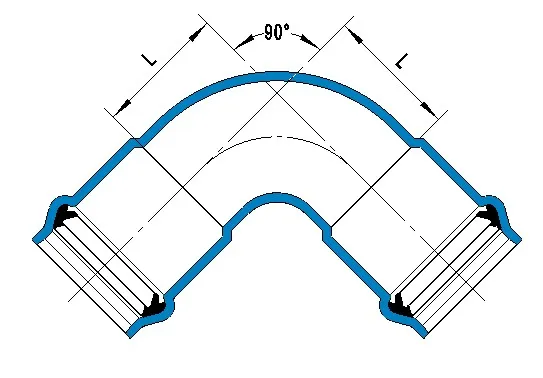smart waste bins
Smart Waste Bins Revolutionizing Waste Management
In an age where technology permeates every aspect of our lives, waste management has emerged as a critical area that can benefit significantly from innovative solutions. One of the most promising developments in this field is the advent of smart waste bins. These advanced containers not only streamline waste collection and disposal but also contribute to environmental sustainability and urban cleanliness.
The Concept of Smart Waste Bins
Smart waste bins are equipped with sensor technology that provides real-time data about their fill levels, temperature, and even the types of waste being deposited. This information is transmitted to a central management system through the Internet of Things (IoT), allowing city officials to monitor waste disposal habits and optimize collection routes based on actual need rather than fixed schedules. This technology reduces unnecessary trips by garbage trucks, saving fuel, time, and reducing carbon emissions—a triple win for the environment.
Enhanced Efficiency
Traditional waste management operates on fixed schedules, which often leads to either half-full bins or overflowed containers, especially during weekends or holidays when waste production surges. Smart waste bins mitigate this issue by notifying waste management services only when they reach a certain fill level. This increased efficiency means that companies can allocate their resources more effectively, leading to reduced operational costs and improved service delivery for citizens.
Moreover, with real-time monitoring, cities can better manage their waste during special events or peak tourist seasons. Rather than guessing the volume of waste generated, they can rely on data analytics to make informed decisions, ensuring that waste management is responsive to the community's needs.
Promoting Recycling
Another significant advantage of smart waste bins is their potential to enhance recycling efforts. Some models of smart bins are designed to sort waste automatically. Equipped with advanced sensors and artificial intelligence (AI), these bins can distinguish between recyclable and non-recyclable materials. By providing clear guidance on proper disposal methods, they help educate the public on waste segregation, increasing the rate of recycling.
smart waste bins

Moreover, gamification features integrated into these smart bins can encourage citizens to recycle. For instance, users could receive points for every piece of recyclable material they properly dispose of, which can be redeemed for discounts at local businesses or entries into community prizes. This approach not only fosters community engagement but also cultivates environmentally conscious behaviors among residents.
Data-Driven Urban Planning
The data collected from smart waste bins can also serve as a valuable resource for urban planners. By analyzing waste trends over time, cities can identify areas with high waste production and develop targeted strategies to encourage waste reduction. This data can also reveal the effectiveness of current recycling campaigns or community initiatives, guiding future policy decisions and investments.
In addition, the heat maps generated from the data can help local governments identify issues such as illegal dumping or littering hotspots, enabling a more proactive approach to urban cleanliness. This data-driven approach aligns with smart city initiatives aimed at leveraging technological solutions to improve urban living conditions.
Challenges and Future Development
Despite the myriad benefits, the implementation of smart waste bins does come with challenges. Initial costs for purchasing, installing, and maintaining these bins can be formidable, especially for smaller municipalities. Additionally, technological reliability and cybersecurity concerns regarding data collection and transmission must be addressed to ensure the integrity of the system.
Moving forward, the integration of smart waste bins with other smart city technologies will be essential. For instance, linking them with public transportation apps or local community platforms could provide real-time updates on waste collection schedules, enhancing user experience.
Conclusion
Smart waste bins are more than just a futuristic solution; they represent a critical step towards more sustainable urban living. Through improved efficiency, enhanced recycling efforts, and valuable data-driven insights, these intelligent systems can transform waste management practices. As cities around the globe grapple with growing waste challenges, embracing such innovations is not merely beneficial; it’s imperative for fostering a cleaner, greener future. In this way, smart waste bins stand at the intersection of technology and sustainability—paving the way for a smarter, more responsible urban ecosystem.
-
The Smarter Choice for Pedestrian AreasNewsJun.30,2025
-
The Gold Standard in Round Drain CoversNewsJun.30,2025
-
The Gold Standard in Manhole Cover SystemsNewsJun.30,2025
-
Superior Drainage Solutions with Premium Gully GratesNewsJun.30,2025
-
Superior Drainage Solutions for Global InfrastructureNewsJun.30,2025
-
Square Manhole Solutions for Modern InfrastructureNewsJun.30,2025
-
Premium Manhole Covers for Modern InfrastructureNewsJun.30,2025
